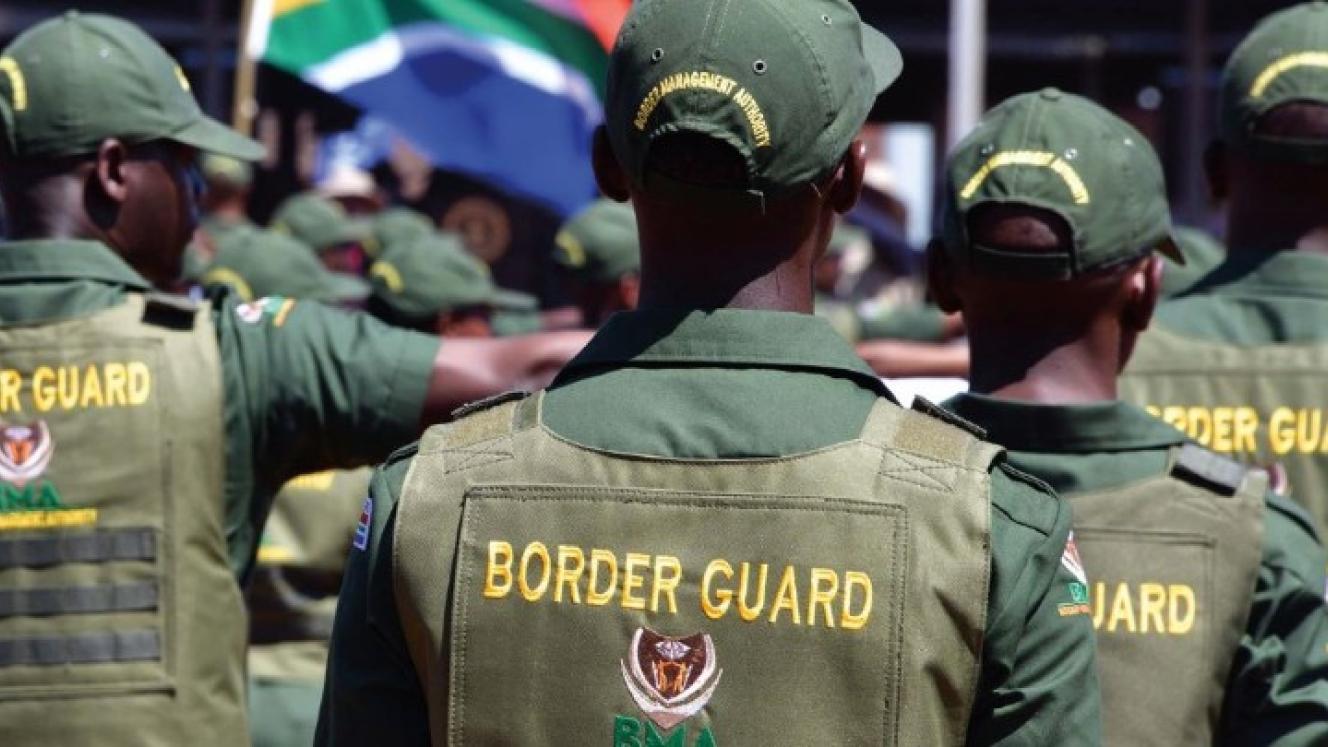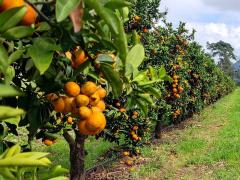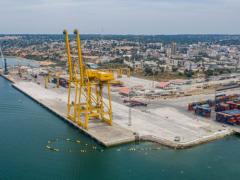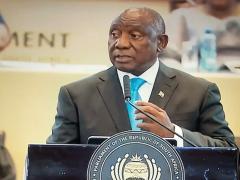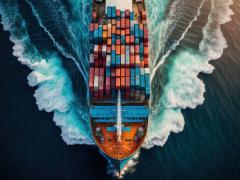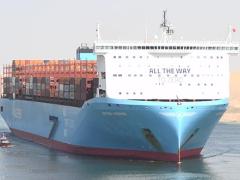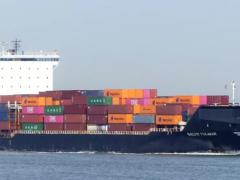Industry is anxiously awaiting the Ports Regulator of South Africa’s (PRSA) tariff decision for Transnet National Ports Authority (TNPA), set to be delivered tomorrow, with misgivings already being expressed by several stakeholders.
According to a spokesman for the Western Cape government, they are not supportive of TNPA’s request for an average tariff adjustment of 9.4% for the 2022/23 financial year.
“The Port of Cape Town is a critical channel for exports and imports and is a major economic gateway for the province, with imports and exports flowing via the port amounting to approximately R152 billion per annum. As such, effective, efficient, and internationally competitively priced cargo flows are essential for economic growth and job creation in the Western Cape,” said the spokesman. “However, inefficiencies and costs at the Port of Cape Town are an impediment to the cost and ease of doing business, which ultimately restricts economic growth, investment and job creation in the Western Cape. Over the last year, port inefficiencies, coupled with Covid-19 challenges, have also exacerbated frustrations amongst port users and have been detrimental to the Western Cape economy. There has also been an increase in shipping lines omitting the Port of Cape Town, and vessels bypassing the Port of Cape Town.”
Anglo American has also expressed grave concern, saying TNPA’s proposed close-to-double-digit rate increase would bring Anglo’s export market to a standstill.
“The cost of Covid regulation in itself has resulted in an increase for all vessels calling at any port of South Africa. The lack of service delivery to satisfy these regulations is causing massive berthing delays and places our clients at risk.”
According to Unathi Sonti, chairperson of the Maritime Business Chamber, the core concern of TNPA must not be about tariff increases but that of ports efficiency - especially in light of more of South Africa’s neighbouring countries taking their business due to the high cost of the ports, low vessel turnaround time and lack of infrastructure development.
The National Port Consultative Committee earlier this year called on the PRSA to carefully consider the tariff adjustment request and ensure that it doesn’t exceed 3%. The South African Association of Freight Forwarders (Saaff) acknowledged that without the PRSA’s positive interventions since its inception, the TNPA tariff would be substantially higher.
According to Saaff, an increase should be kept within the bounds of 3-6%.

